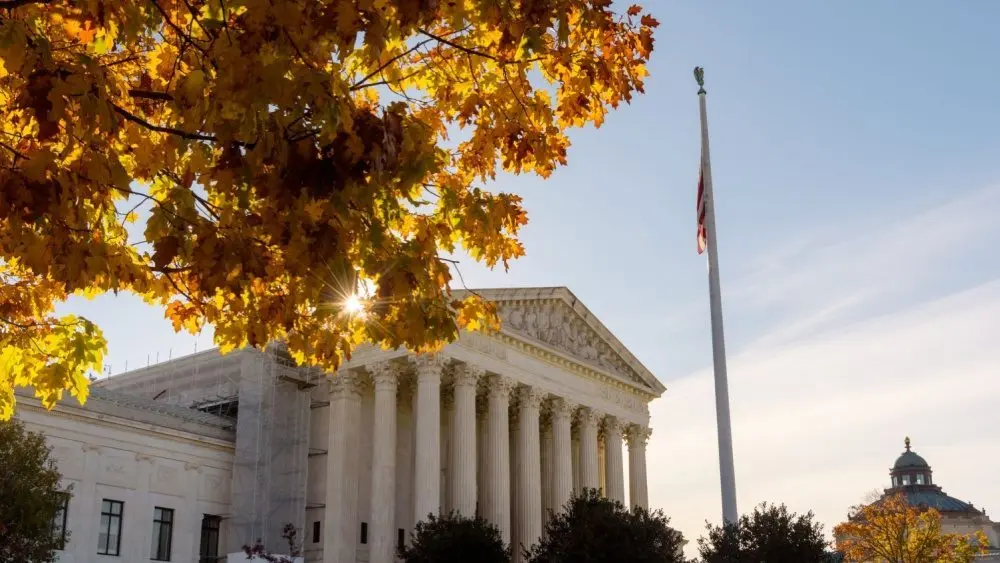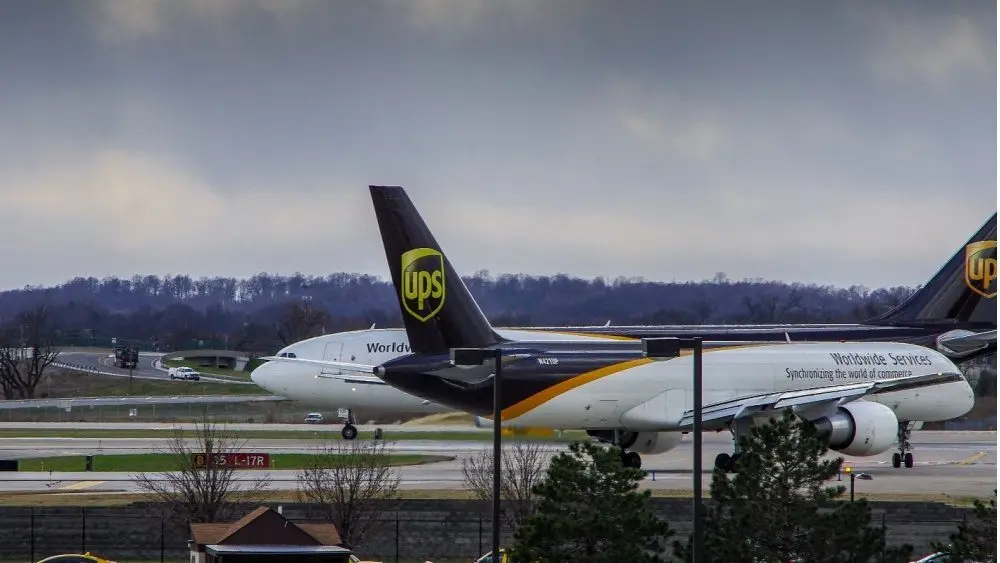
The Supreme Court appeared skeptical Wednesday of President Donald Trump’s sweeping use of emergency powers to impose global tariffs, questioning whether the president overstepped constitutional limits by bypassing Congress.
The justices heard nearly three hours of arguments over Trump’s reliance on the 1977 International Emergency Economic Powers Act (IEEPA), a law meant to address national crises, to levy tariffs on a wide range of imports. The outcome could carry major implications for American consumers, businesses, and presidential authority for decades to come.
Under the Constitution, Congress holds the exclusive power to set taxes and duties. Trump, however, used IEEPA— which allows presidents to “regulate” imports during an emergency — to justify tariffs of up to 34% on China and 25% on goods from Canada, Mexico, and China, citing the flow of fentanyl as an “extraordinary threat.” Lower courts ruled against him, saying the law does not grant such tariff powers.
Chief Justice John Roberts, a pivotal conservative voice, questioned whether Trump’s actions crossed into congressional territory. “The imposition of taxes on Americans has always been the core power of Congress,” he said, later noting that tariffs “reach into the pockets of the American people” much like taxes. Justice Elena Kagan added, “It has a lot of actions that can be taken under this statute. It just doesn’t have the one you want.”
Solicitor General D. John Sauer, arguing for the administration, insisted the levies were “regulatory tariffs, not taxes,” and that any revenue collected was incidental. Still, several justices — including conservatives — pressed him on whether such an interpretation gave the executive branch unchecked control.
Justice Neil Gorsuch voiced concern about “the gradual but continual accretion of power in the executive branch and away from the people’s elected representatives.” He even asked whether a future president could use the same logic to impose tariffs under a climate change emergency. “It’s very likely that can be done,” Sauer replied, prompting Gorsuch to quip, “I am sure you would.”
Some conservatives, including Justices Amy Coney Barrett, Brett Kavanaugh, and Samuel Alito, stated that Trump’s view that emergency statutes must be broad enough to let presidents respond swiftly. “Isn’t it the very nature of an emergency?” Alito asked. Barrett, however, also questioned the potential chaos if the court were to strike down the tariffs, asking how refunds — possibly tens of billions of dollars — would be handled.
For Trump, the stakes are immense. “If a President was not able to quickly and nimbly use the power of Tariffs, we would be defenseless, leading perhaps even to the ruination of our Nation,” he wrote on Truth Social.
Economists warn that the tariffs have raised costs for consumers — with some estimates suggesting U.S. families are paying about $1,700 more annually — and small businesses say they’ve been disproportionately burdened. An NBC News poll recently found that 63% of voters think Trump is falling short on his economic promises, many of which centered on lowering prices through tariffs.
If the Supreme Court strikes down Trump’s IEEPA-based tariffs, the government could face massive refund claims from companies that paid them. However, other tariffs imposed under separate trade laws would remain intact.
The case, brought by small businesses and a coalition of states, is being fast-tracked, and a decision could come within weeks. However the justices rule, the verdict will redefine the balance of power between Congress and the presidency — and determine how far future leaders can go in wielding emergency authority to shape the U.S. economy.
Editorial credit: Yaya Ernst / Shutterstock.com





